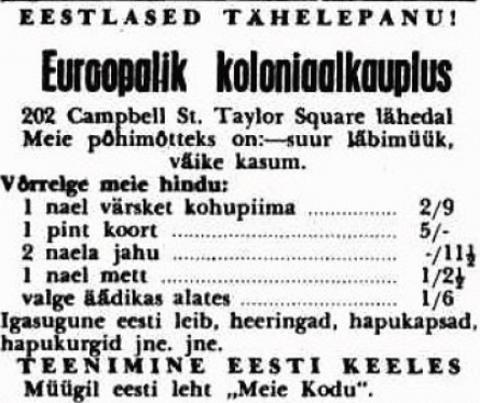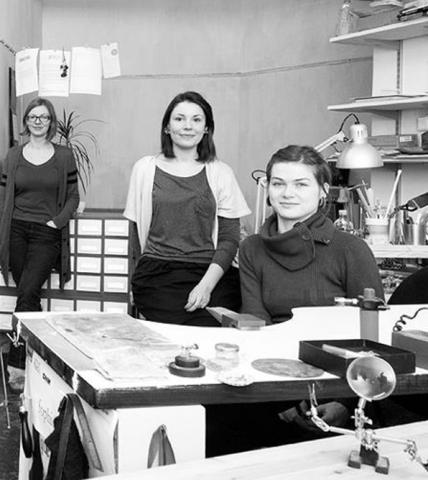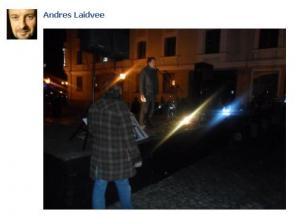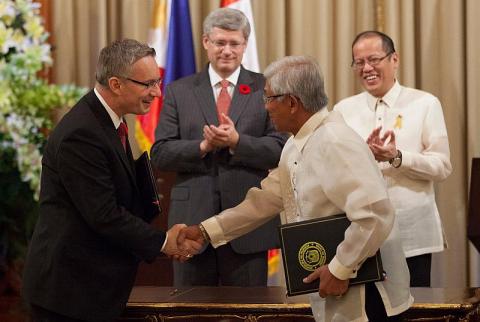TALLINN, Estonia (Reuters) -- Estonia voted to join the European Union by a two-to-one majority in a Sunday referendum, an election commission spokesman said.
Almost all votes had been counted in a poll seen by many as crowning more than a decade of painful post-Soviet economic and political reforms.
"The 'Yes' side has won," an election commission official told Reuters, declining to be named. "There's no chance that the 'No' side can turn this result."
With more than 90 percent of the votes counted, the "Yes" side got 67 percent support, with the "No" voters trailing at 33 percent, he said.
Turnout in the non-binding referendum was 63 percent.
Supporters and the right-wing ruling coalition argue that membership will not only boost the economy, but also seal Estonia's place in the European mainstream and safeguard its independence regained in 1991.
Estonia is the last but one to hold an EU referendum of eight east European countries invited to join the European Union next May in a historic enlargement to 25 members from 15.
Neighbouring Latvia, also an ex-Soviet republic, votes next week. Analysts say an Estonian "Yes" should boost the pro-EU campaign in Latvia in what looks like a close race.
Slovenia, Hungary, Lithuania, Slovakia, Poland and the Czech Republic and Malta have already held ballots to join the EU. Cyprus will also join but is not holding a referendum.
Along with other East European states, Estonia proclaimed independence at the end of World War One when the region's three empires -- Russia, Germany and Austria -- crumbled.
World War Two put Estonia and Baltic neighbours Latvia and Lithuania at the mercy of the victorious Soviet Union.
The trio ended up as Soviet republics and memories of Moscow's often cruel rule have boosted the EU campaign.
After starting from scratch in 1991, Estonia is now seen as a showpiece of successful free-market reforms.
GDP per capita almost doubled in the last three years to around $6,000. This is still just one fifth of the EU average, but the economy is one of the fastest growing in Europe and analysts say Estonia will likely catch up in just 15-20 years.
Although ethnicity is no longer a sensitive issue, almost half of the large Russian minority of about a quarter of the population have yet to seek citizenship and are prevented from voting. They will need visas to work and travel inside the EU.
Reuters
Estonia gives strong 'Yes' to EU
Kuumad uudised | 14 Sep 2003 | EWR
Kuumad uudised
TRENDING























